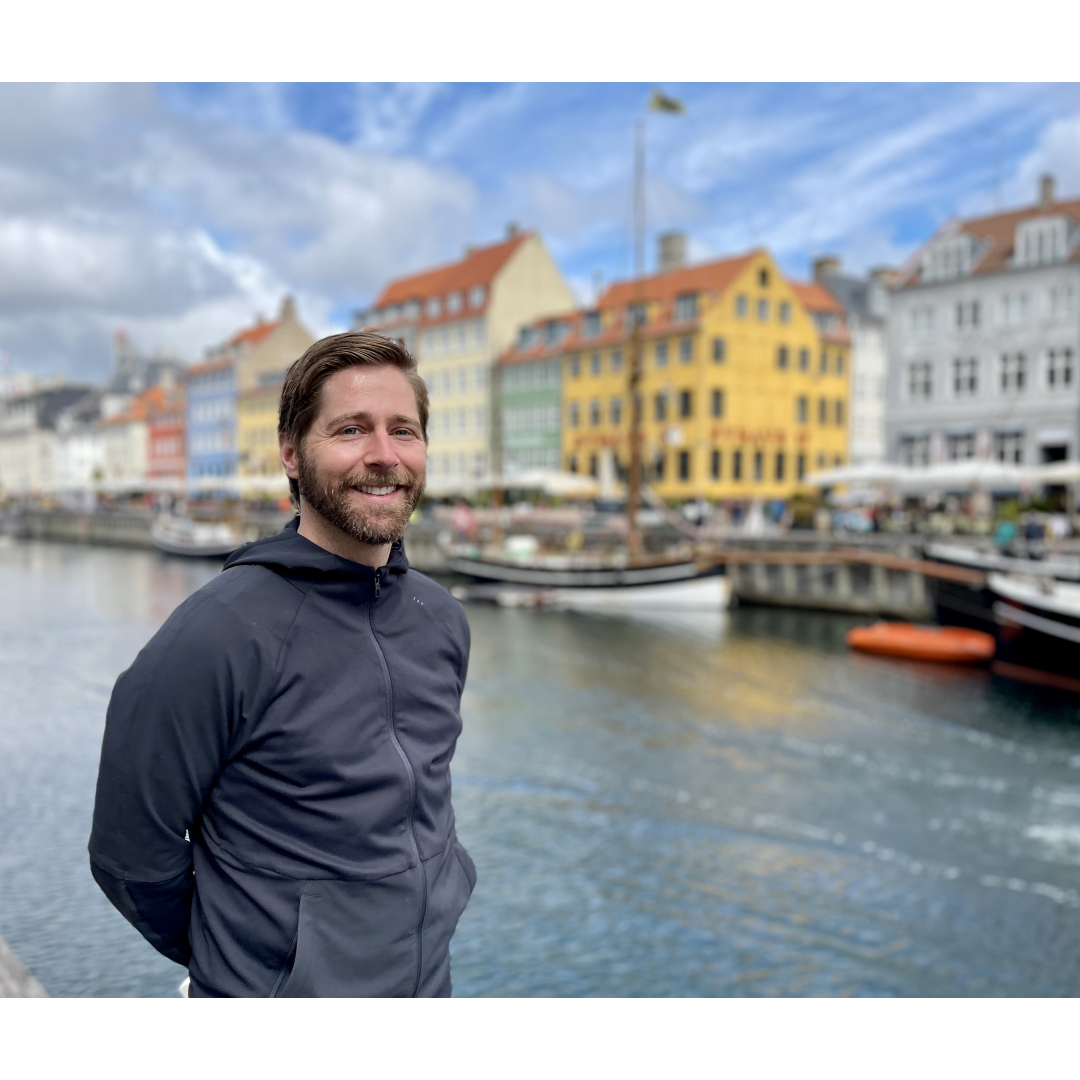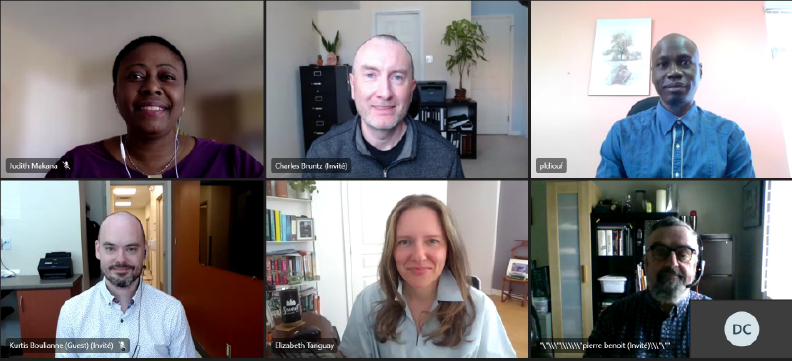International Conference on Integrated Care
International Conference on Integrated Care
On May 23, 24, and 25, 2022, the 22nd International Conference on Integrated Care took place in Odense, Denmark. Over the course of three days, speakers discussed 1) Person-Centered Health and Care, 2) Digitization and Digital Support for Health and Care, 3) Innovative Collaboration, and 4) Post-COVID Recovery and its impact on the health and care system. Four themes that resonate consistently across the globe.
The participation of individuals, families, caregivers, and the community in the co-design of a person-centered health and care system is needed now more than ever. Pierre Benoit, co-chair of the Patient, Client and Family Advisory Committee, explains that, like Ontario, “many health care systems need to reinvent themselves to better meet the needs of the population.”
Most countries are facing the same challenges and there is a common understanding that part of the success of integrated care is innovative collaboration. Judith Makana, Professional Practice Advisor – Nursing at Hôpital Montfort and chair of the BPSO committee, comments, “It was very interesting to see how, even during the pandemic, different models of integrated care were developed around the world.”
In order to provide holistic, truly person-centered care, it is important to compare our models. Judith Makana was “particularly impressed by the Danish model of co-production of health services with immigrants (“Migrant Health clinic / Clinic for transcultural medicine”). Papa Ladjike Diouf, Director, Addictions and Concurrent Disorders – Adult Services for Le Cap and co-chair of the Mental Health and Addictions Committee of the Ottawa East Ontario Health Team, also liked the model. It focuses on “patients with immigrant backgrounds and especially the barriers to accessing services.” In doing so, it shows “how to work on resistance and stigma as barriers to accessing services.”

Governance is also very important in a successful integrated care co-design. André Veilleux, Executive Director of ESFAM and co-chair of the Ottawa East Ontario Health Team, noted that “the rigidity of a structure seems to have a negative impact on the evolution of integration in the long term”.
Digital health is gaining momentum around the world. To be effective, digitalization must support the integration of healthcare. But it can also become a pitfall, exposing the shortcomings of a fragmented system. Kurtis Boulianne, ESFAM IT operations manager and chair of the digital health committee, has found that “successful health systems have emphasized centralization of data and consolidation of systems, i.e., a shared system for all.” According to him, “medical records need to exist in a single database, and it is important to create data standards for each sector.”
The mandate of the Ottawa East Ontario Health team is to provide a more seamless care journey and services that meet the needs of the population by building a coherent and integrated health system. As Charles Bruntz, Decision Support Quality Improvement Specialist and co-chair of the Ottawa East Ontario Health Team Performance Committee, says, “having a European perspective on health services integration and looking at the contemporary challenges allows us to look at our ways of doing things with more perspective.” As André Veilleux observed, the integration of care is a “slow and laborious process that requires the commitment of all partners. It doesn’t seem to be easier for countries with health systems that seem more ‘advanced’.”
The transformation of the health system is a major project that requires time and involvement from the partners. To thank them for their efforts throughout the year, the Ottawa East Ontario Health Team invited eight committee and working group chairs and co-chairs to the conference.
“Over the course of three days, the eight participants had the opportunity to compare our
transformation strategies with those of organizations around the world. This is an investment
that the OHT will repeat to motivate and inspire its leaders.”
Elizabeth Tanguay, Director of the Ottawa East Ontario Health Team.

Participants (in alphabetical order)
- André Veilleux, Executive Director of AFHT and Co-Chair of the Ottawa East Ontario Health Team
- Charles Bruntz, Decision Support Specialist – Quality Improvement and co-chair of the Performance Committee
- Dania Versailles, Director of Clinical Services, Canadian Mental Health Association
- Elizabeth Tanguay, Director of the Ottawa East Ontario Health Team
- Judith Makana, Professional Practice Advisor – Nursing at Hôpital Montfort and Chair of the OVPE Committee
- Kurtis Boulianne, AFHT IT Operations Manager and co-chair of the Digital Health Committee
- Papa Ladjiké Diouf, Director, Addictions and Concurrent Disorders – Adult Services for Centre Le Cap and co-chair of the Mental Health and Addictions Committee
- Pierre Benoit, Co-Chair of the Patient, Client and Family Advisory Committee





